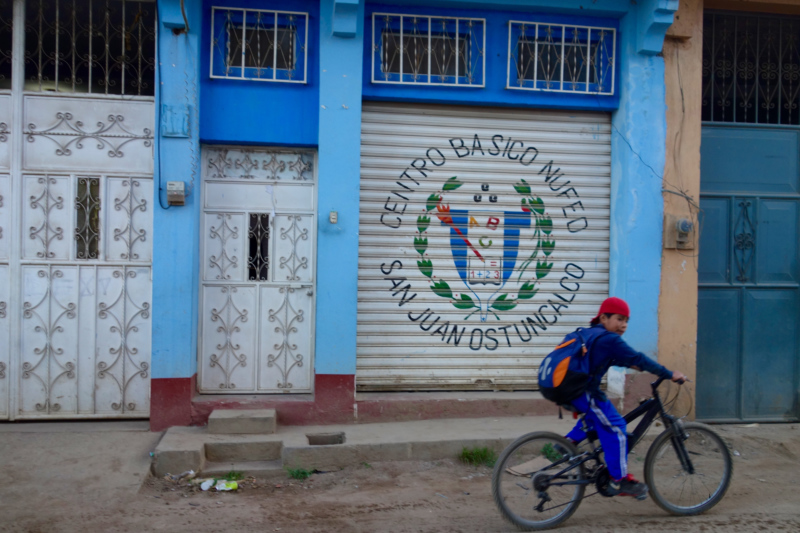Protecting Latin America’s Poor During Economic Crises
History tells us that economic crises cause large increases in poverty. The most recent economic crisis will cause Latin America’s GDP to contract around 2 percent in 2009.
This post is also available in: Español
In terms of human capital, Guatemala lags behind in an increasingly global economy. In its Human Capital Index, the World Economic Forum ranked Guatemala as number 94 out of 130 economies. Although a multifaceted concept, learning has a significant role in building human capital, as education –including enrollment, quality and attainment— impacts the future of the labor force.
Very low levels of human capital, in turn, have important implications for economic growth, wages and the presence of a significant informal sector.
In this article, we review the educational landscape in Guatemala, including literacy, K-12 education, and workforce development. We find that education has become increasingly accessible, with greater coverage. However, low levels of literacy, attainment and retention remain fundamental problems. Further, the country exhibits great disparities between urban and rural populations, among indigenous and Ladino groups, and between male and female students.
History tells us that economic crises cause large increases in poverty. The most recent economic crisis will cause Latin America’s GDP to contract around 2 percent in 2009.
Since achieving independence in 1804 to become the world’s first free black state, Haiti has been beset by turbulent, often violent, politics and a gradual but seemingly unstoppable slide from austerity to poverty to misery.
The goal of education is to promote learning. Sitting in classrooms is a weak proxy for knowing how to read, do math, and apply science. Latin America needs to worry less about schooling and more about learning.
 Photo: Julia Yansura
Photo: Julia Yansura